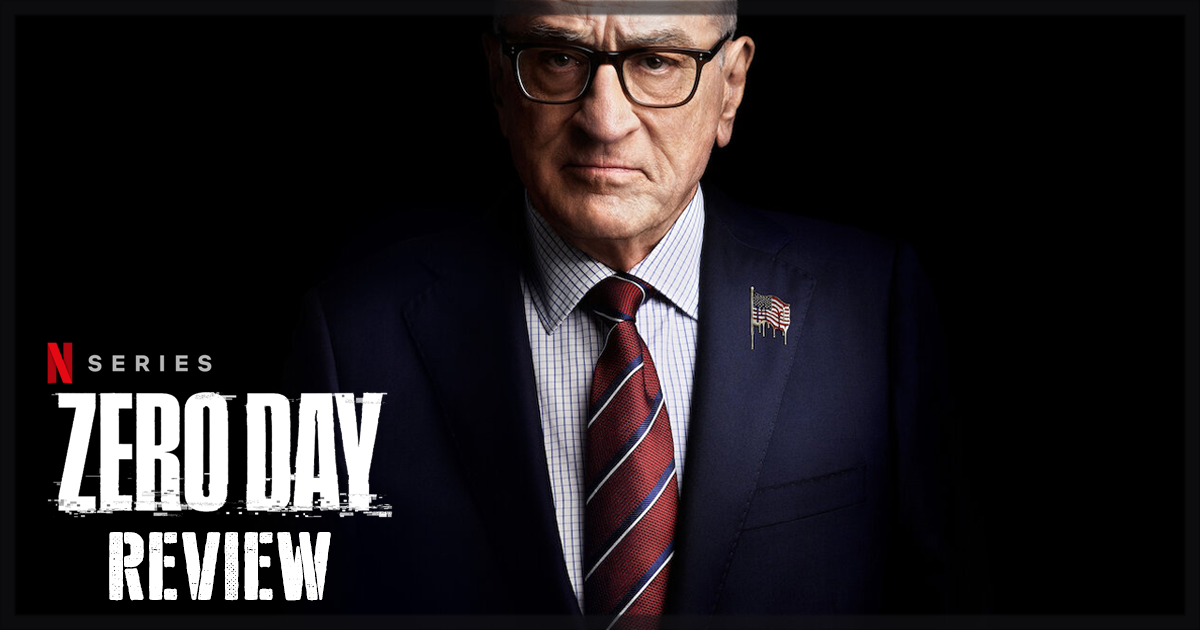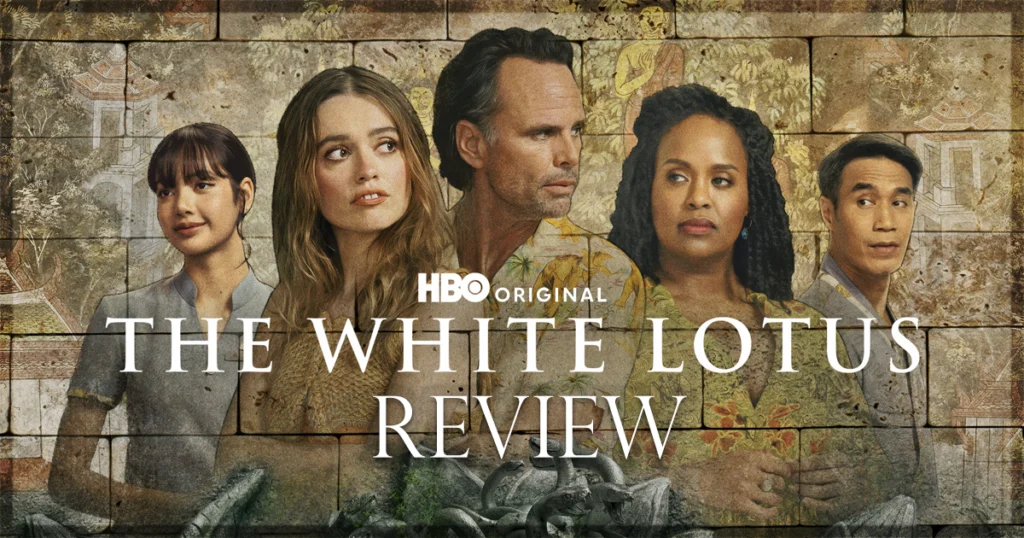One of the many reasons I love film and television is its ability to comment on the world. A piece of content can take a real-world context (i.e., a global pandemic or world disaster) and wrap it in an even more heightened setting. The results can create something entertaining while simultaneously critiquing the state of the world. This can create incredibly compelling television but also risk being a misfire. The beauty is that these stories can now happen in more than just films. They can occur on television and streaming, giving them room to breathe instead of just two hours.
Netflix’s latest series, Zero Day, attempts to balance social commentary and entertainment. The story of Zero Day follows the start of a brutal cyber-attack that kills over 3,000 people. Left with a haunting message that splayed over digital screens, “This will happen again,” it forces the government to act. American President Evelyn Mitchell (Angela Bassett) calls former President George Mullen (Robert De Niro) for help. Her mission for him is simple: Mitchell wants a task force led by Mullen to find the culprits. As Mitchell puts it, this task force will have “all the powers of every law enforcement and intelligence agency put together.”
What follows is a show that attempts to wrestle with substantive questions. To list those here would be to spoil the fun of the series. Yet, at the same time, such questions would fall apart without this cast. Besides De Niro and Bassett, the supporting cast includes Lizzy Caplan, Jesse Plemons, Connie Britton, Dan Stevens, and Joan Allen (to name a few). The reason I bring up the cast first and foremost is straightforward. Without the cast of Zero Day, the series would be nothing special. The problems have to reside in the screenplay, varying from five writers.
When Zero Day asks those more thought-provoking questions varying from governmental oversight to the regulation of power, it’s fascinating. There’s a novelty to these ideas that the cast seriously delivers upon. Good ideas like this are not the only conceit ingrained in the Netflix series. These sorts of shows have to entertain, which includes narrative twists and turns. Such twisty moments are when Zero Day begins to tear at the seams. Discussing these twists without spoilers is nearly impossible, so I will attempt to keep things vague.
The series throws many directions regarding characters and their allegiances. In theory, such moments give a profound air of political intrigue. While entertaining, those sequences feel convoluted in the finished product. Once the true reveals of the series start to occur, the “political intrigue” turns into unintentional comedy. Things become so ludicrously silly in ways that make Zero Day become entertaining for the wrong reasons. That said, this cast delivers a finished product that is engaging enough.
Robert De Niro is considered one of his generation’s best actors, and his performance in Zero Day adds to that notion. De Niro strikes an impressive balance between an icey toughness and glimpses of humanity as George Mullen. While constantly thrown under scrutiny for his Zero Day commission, Mullen proves himself as a capable agent of the state. Particularly in his arch of playing “by the book” to eventually “off the reservation,” mindset De Niro proves mesmerizing to watch. The balance of his instability (as in something possibly cerebral) versus stability during this case creates a compelling arch that connects with viewers.
Even amongst the supporting cast, no one delivers a bad performance. Seeing actors like Lizzy Caplan, Jesse Plemons, Bill Camp, and Connie Britton chew scenery is a delight. For some, watching their interactions inter-spliced with espionage jargon alone will surely entertain. In many cases, the cast perfectly sells the material, even if it dips into an area of lunacy. For all of the realism that the series wants to deliver (and certain elements do so successfully), they never congeal as expected. It wastes the cast’s potential even if the series remains an entertaining experience.
One could only wonder what a more well-balanced screenplay could have done with the material. We’re left with a series that juts between tones that stem from political thriller to character melodrama. It’s a balance that never achieves the success it wants over six episodes. If that melodrama was stripped away, there could be an overall more substantial series with honest thoughts and opinions on the state of the world. What we’re left with is something else entirely. The results deliver something more pulpy and fun than thought-provoking. This will be enough for some viewers to make it a worthwhile experience.
Zero Day should not be considered a “bad” television series. Instead, it’s something that needs to be looked at in a different light. It quickly reveals itself as something that is not a prestigious (award-winning hopeful) series. For some viewers, that lack of prestige quality will leave them sorely disappointed by the ending of episode six. Others will simply enjoy the excellent cast chewing scenery with some over-the-top material. A top-notch cast can help many forgive the weaknesses on display (especially with someone like Robert De Niro leading the charge). If you’re looking for engaging and schlocky fun, look no further than Zero Day. If you’re looking for something deeper, you may be sorely disappointed.
Zero Day is now streaming on Netflix.
Learn more about the show at the Netflix site for the title.
You might also like…
‘The White Lotus’ Season 3 Review: The First 6 Episodes


